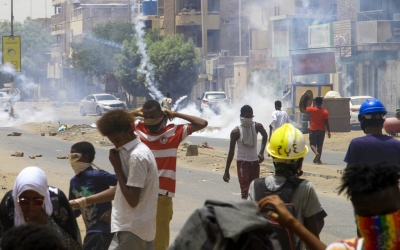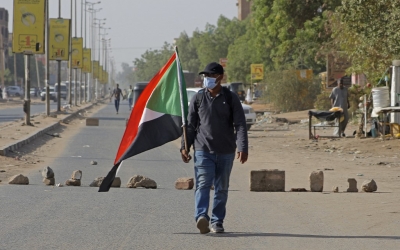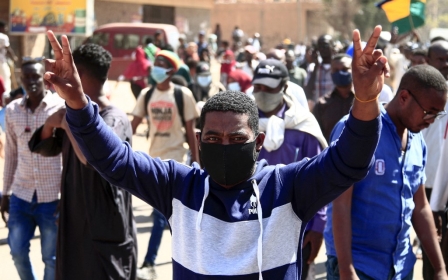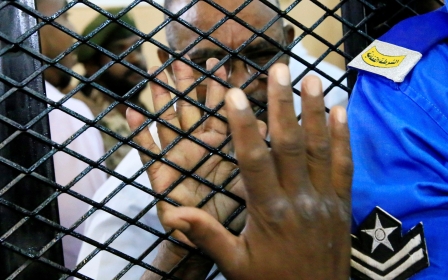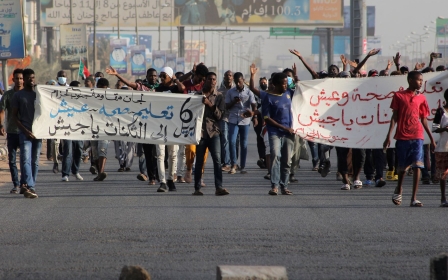Sudan lifts state of emergency imposed since coup
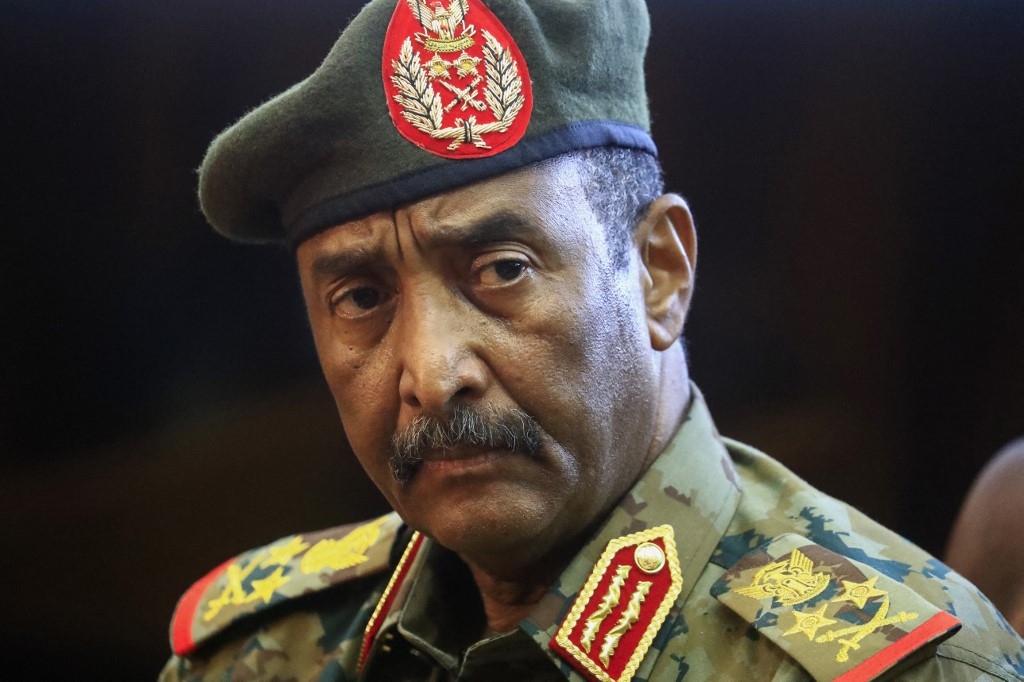
Sudan's army chief Abdel Fattah al-Burhan on Sunday lifted a state of emergency imposed since last year's military coup, the ruling Sovereign Council said.
Burhan "issued a decree lifting the state of emergency nationwide", the council said in a statement, according to AFP.
The order was made "to prepare the atmosphere for a fruitful and meaningful dialogue that achieves stability for the transitional period", it added.
Sunday's decision came after a meeting with senior military officials recommending the state of emergency be lifted and people detained under an emergency law be freed.
It also came after the latest calls by UN special representative Volker Perthes for removing the state of emergency, following the killing of two protesters during anti-coup protests on Saturday.
Sudan has been rocked by mass protests since the coup, which have been met by a violent crackdown that has left nearly 100 people dead and hundreds wounded, according to pro-democracy medics.
Hundreds of activists have also been rounded up in the clampdown under emergency laws.
On Sunday, military officials also recommended allowing the live TV unit of the Qatar-based network Al Jazeera to resume operations in Sudan, after authorities banned it in January for "unprofessional" coverage of protests.
Sudan has been reeling from deepening unrest since Burhan led the 25 October coup, upending a fragile transition following the 2019 ousting of President Omar al-Bashir.
The military takeover triggered widespread international condemnation and punitive measures, including crucial aid cuts by western governments pending the resumption of the transition to civilian rule.
Protest trial opens
Also on Sunday, the trial opened in Khartoum of four people accused of fatally stabbing a senior police officer, General Ali Bareema, killed in January during anti-coup protests.
But the trial was adjourned until 12 June, after the judge ordered an investigation into allegations the four had been tortured in custody.
Four protesters - Mohammed "Tupac" Adam, Mohamed al-Fattah, Mossaab al-Sherif and Ahmed al-Nanna - were arrested and charged in January over Bareema's death, and have remained in custody since.
In March, they held a week-long hunger strike in Khartoum's Kober prison to protest against "inhumane treatment", "police brutality" and a lack of due process, their lawyers said.
Hundreds rallied in front of the courthouse to demand the release of the defendants, who made peace signs as they were escorted inside by security forces.
Dozens, including the policeman's family, formed a rival protest to demand justice.
Sudan, one of the world's poorest countries, is also struggling from a plunging economy due to decades of international isolation and mismanagement under Bashir.
The United Nations, along with the African Union and regional bloc IGAD, have been pushing to facilitate Sudanese-led talks to resolve the crisis.
Western governments have backed the UN-AU-IGAD bid and urged Sudanese factions to participate in the process.
Burhan has pledged to free political detainees to set the stage for talks among Sudanese factions.
Last month, Sudanese authorities released several anti-coup civilian leaders arrested in the crackdown.
Middle East Eye delivers independent and unrivalled coverage and analysis of the Middle East, North Africa and beyond. To learn more about republishing this content and the associated fees, please fill out this form. More about MEE can be found here.


